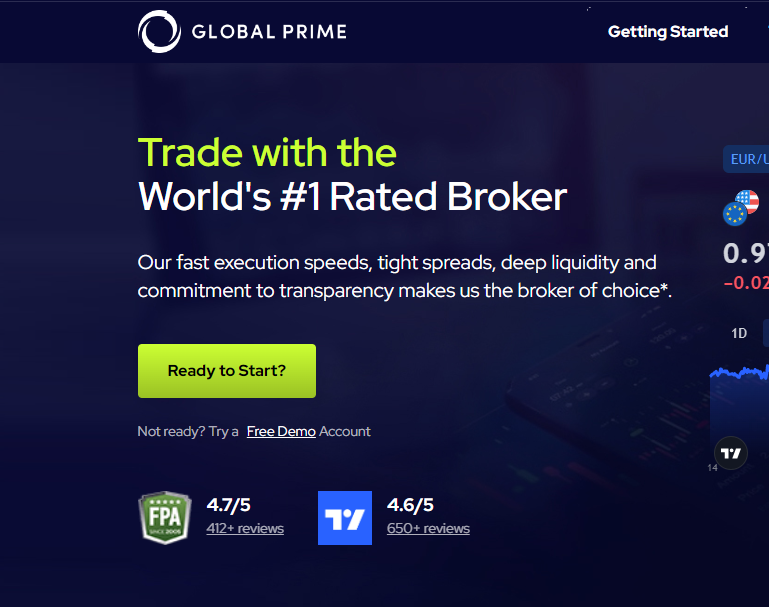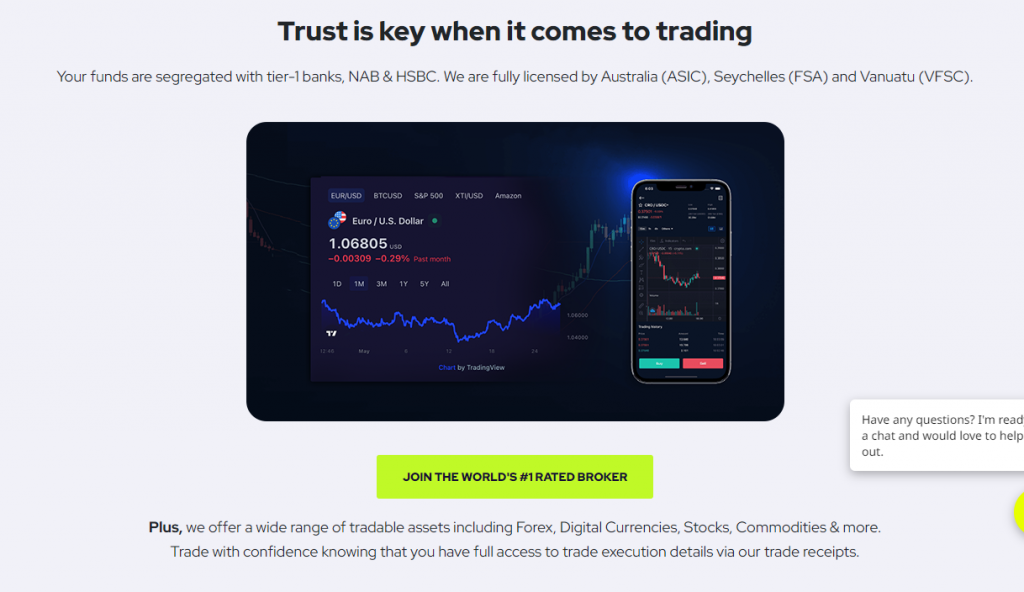Commission-based Fees vs Spread-based Fees: Which is Better?
Commission-based fees and spread-based fees are two common approaches that brokers and service providers use to charge for their services. These fee structures can significantly impact your investment costs and ultimately influence your overall returns.
In this blog post, we will:
- Explain the two fee structures,
- Give the Pros and Cons of each,
- Make a table showing the differences between the two fees, and
- Highlight scenarios where one is better than the other, and vice versa.
Commission-Based Fees
Explained to a 10-year-old…
Commission-based fees are a way for people to earn money when they help others buy or sell things. Let’s imagine you have a friend who wants to buy a toy car, but they need help finding it.
You decide to be their “toy car agent.” If you charge a commission-based fee, it means that when your friend buys the toy car with your help, you’ll get a little bit of money as your earnings.
For example, let’s say the toy car costs $10, and you agree on a 5% commission. That means your friend will pay you $10.50 for the toy car. You’ll keep $10 as the cost of the toy car, and the extra 50 cents will be your commission. The more toy cars you help sell, the more money you can earn.
Explained to a professional trader…
Commission-based fees are charges imposed by brokers or intermediaries for executing trades on behalf of traders. Brokers charge a fixed fee or a percentage of the trade’s value as their compensation for facilitating the transaction.
For example, if you’re a stock trader and you place an order to buy 100 shares of a company at $50 per share, your broker may charge you a commission of $10 per trade. This means that for executing the trade, you would pay the broker $10 as their fee, in addition to the actual cost of the shares.
The commission fee can vary depending on the broker, the size of the trade, and the type of financial instrument being traded. Some brokers offer tiered commission structures where the fee decreases as the trade size increases, while others have a fixed fee regardless of trade size.
Spread-Based Fees
When you want to buy or sell an asset, there are two prices involved: the higher price that buyers are willing to pay (called the ask price) and the lower price that sellers are willing to accept (called the bid price). The difference between these two prices is called the spread.
Instead of charging you a separate fee, brokers include their compensation in this spread. So, when you trade, you’ll buy at a slightly higher price and sell at a slightly lower price. The difference between these prices is how the broker makes money.
For example, let’s say you want to buy a stock, and the current ask price is $10, while the bid price is $9.90. The spread, in this case, is 10 cents. When you execute the trade, you’ll buy the stock at $10.10 (ask price) and sell it at $9.90 (bid price), and the broker keeps the 10 cents as their fee.
Benefits and Pros of Commission-Based Fees – For Traders and Investors
- Simple rate structure
- Incentive for brokers to provide quality service
- Directly aligned with trading activity and volume
- Can be more cost-effective for frequent traders
- Allows for negotiation and customization of fees
- Provides potential for competitive pricing among brokers
- Fee payment only when trades are executed
Watch: Balance – Equity – Margin – Free Margin – Margin Level – Commission And Swap In Trading
Limitations and Cons of Commission-Based Fees – For Traders and Investors
- Costly for frequent traders with high volumes
- Potential for conflicts of interest and biased recommendations
- Can discourage smaller traders due to higher fees
- Fixed commissions may not reflect the actual effort or time involved
- Additional fees can significantly impact overall trading costs
- Limited transparency in the breakdown of fees
- Commission-based fees may entice brokers into encouraging excessive trading, since it means more profits for them
Also Read: Difference Between forex and CFDs: All You Need to Know
Benefits and Pros of Spread-Based Fees – For Traders and Investors
- Simplicity in the fee calculation
- No separate commission charges
- Greater transparency in the total cost of transactions
- Inclusive pricing structure without hidden fees
- Aligns interests between brokers and traders
- Can be more cost effective for small and infrequent traders
- Potentially lower overall trading costs for certain market conditions
Limitations and Cons of Spread-Based Fees – For Traders and Investors
- Lack of transparency in fee breakdown
- Traders may unknowingly overpay due to a lack of visibility into the actual fee amount
- Brokers may widen spreads during volatile market conditions, increasing trading costs
- Potential for hidden fees within wider spreads
- Inability to negotiate or customize fee structure
- Spread-based fees can vary between brokers, making it challenging to compare costs
- Spread-based fees can be less cost-effective for high-frequency traders or large-volume trades
Commission-based Fees vs Spread-based Fees: Key Differences
| Factors | Commission-Based Fees | Spread-Based Fees |
|---|---|---|
| Fee Structure | Charged as a separate fee on top of the trade value | Incorporated into the difference between buying and selling prices |
| Fee Calculation | Fixed amount or percentage of the trade value | Difference between bid and ask prices |
| Transparency | Transparent as a separate line item on trade confirmations | Transparent as a part of the quoted prices |
| Flexibility | Potential for negotiation or customization of commission rates | Limited flexibility in spread widths set by the broker |
| Cost Impact | Higher fees for larger trade volumes or frequent trading | Potentially lower fees for smaller trade volumes or infrequent trading |
| Incentives | Brokers may have incentive to encourage more trading for higher commissions | Brokers earn from the volume of trades executed |
| Impact on Trading Strategy | More suitable for active traders or frequent trading strategies | More suitable for passive or long-term investment strategies |
| Comparability | Comparing costs involves considering commission rates among brokers | Comparing costs involves evaluating spread widths among brokers |
| Potential Conflicts | Potential for conflicts of interest in product recommendations due to commission incentives | Potential for hidden costs within wider spreads |
Commission-based Fees vs Spread-based Fees: Which is Better?
Commission-based Fees is Better If:
- The trader engages in high-volume or frequent trading.
- The trader requires customization and negotiation of fee structures.
- The trader prefers transparency in the breakdown of fees.
- The trader seeks to compare costs among different brokers easily.
Spread-based Fees is Better If:
- The trader has smaller trade volumes or engages in infrequent trading.
- The trader values simplicity in fee calculation and pricing structure.
- The trader prefers inclusive pricing without separate commission charges.
- The trader wants greater transparency in the total cost of transactions.
- The trader seeks potentially lower overall trading costs, especially during periods of high volatility or narrow spreads.
Recommended for Next Read







